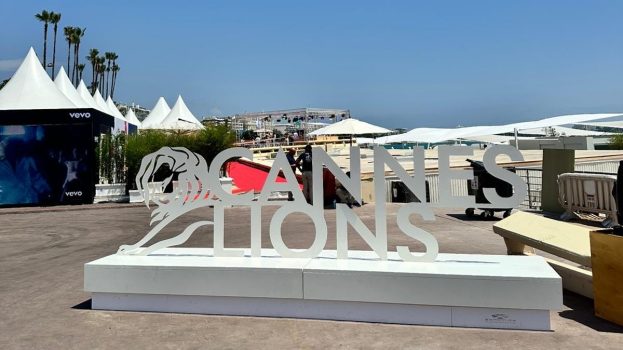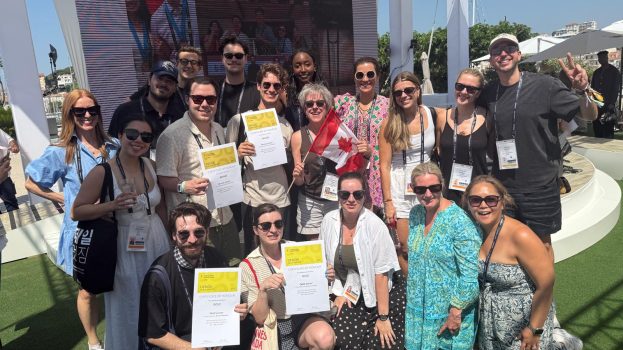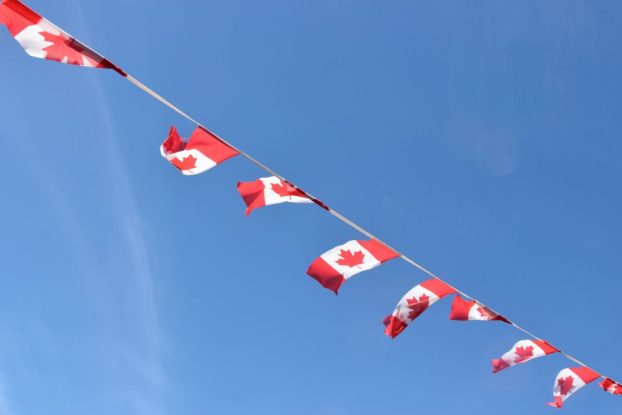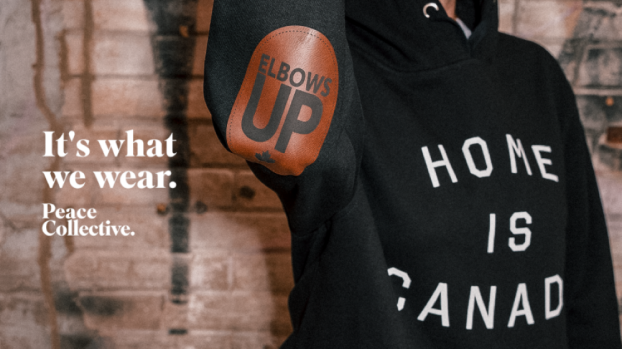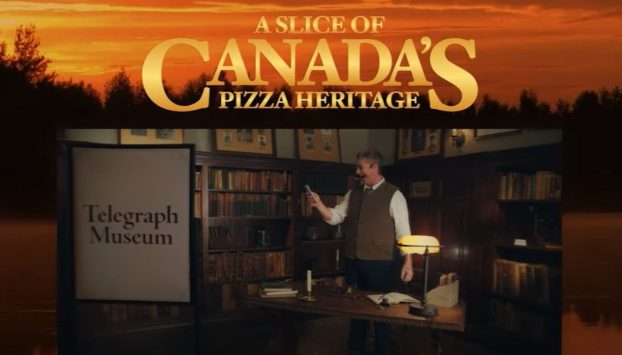This country’s national sport may be hockey – but right now its hottest endorsement property is a 23-year-old pro basketball player from Daytona Beach, Fla.
And why not? In just his second season with the Toronto Raptors, Vince Carter is already drawing favourable comparisons to none other than Michael Jordan, and attracting widespread media attention.
He led the fan balloting for last month’s NBA All-Star Game, where he triumphed in the slam-dunk competition. He has guested on Late Show with David Letterman. And on Feb. 27, in a game broadcast nationally in the U.S. on NBC, he racked up 51 points against the Phoenix Suns – the best single-game performance by an NBA player this season.
On Canadian newsstands last month, Carter’s face graced the covers of Sports Illustrated, Slam and Saturday Night. And it’s a safe bet we’re going to see a lot more of him in the months to come.
Already, the sophomore star’s endorsement portfolio includes deals with the likes of Gatorade, Kellogg Canada, Pizza Pizza and Trebor Allan.
For Trebor Allan, a Burlington, Ont.-based confectionery manufacturer, landing Carter as the company’s first-ever celebrity spokesperson was a major coup. The deal, signed last December, will see the Raptors forward promoting Trebor Allan candies on a North American basis for the next three years.
Indeed, his cardboard likeness will soon be appearing in retail establishments nationwide, to support the relaunch of the company’s Fuzzy Peach, Cherry Blasters and Sour Patch Kids brands.
Paul Sullivan, marketing director for Trebor Allan, says the company already has a package deal in place with Maple Leaf Sports & Entertainment that gives it sponsorship of the Air Canada Centre as well as the Raptors and the Toronto Maple Leafs (MLSE owns and operates all three properties). But the tie-in with Carter – arguably one of North America’s highest-profile athletes at present – should further the company’s efforts to expand its presence in the U.S., a market that currently accounts for approximately 30% of sales.
‘We decided that with the hype and what he’s doing in the league, Vince Carter would be our ticket for North America,’ Sullivan says.
Trebor Allan’s brands aren’t necessarily the best known in the marketplace, he adds. But the lustre of some of Carter’s other big-name corporate partners, such as Gatorade and Kellogg (which currently is featuring him in both a TV spot and a joint promotion with Pizza Pizza), may well rub off on them.
While Trebor Allan expects to reap major benefits from its association with Carter over the next three years, Sullivan says the confectionery maker isn’t banking on a renewal when the term of this contract is up. By that time, he predicts, Carter may well be priced beyond the range of a mid-sized Canadian advertiser.
Until now, anyway, Carter has been within the reach of smaller local and regional advertisers such as the Toronto Hyundai Dealers, who are featuring the young Raptor in their TV and print advertising. But that’s unlikely to last for long.
Such are the realities of athlete endorsement, notes Keith McIntyre, president of Mississauga, Ont.-based sponsorship marketing firm K. Mac & Associates. Many star athletes sign small-scale endorsement contracts with car dealerships and other local advertisers during the very early stages of their careers. But if Carter continues to live up to his promise, then these deals will quickly fall away.
As the young Raptor’s stock rises, sports marketers say, Carter will likely become the exclusive province of blue-chip advertisers – the sort of organizations that can help build his image, and offer him opportunities for his post-basketball career.
Gatorade is a prime example. The u.s. sports drink manufacturer chose Carter to star in a new television spot that broke during the All-Star Game. The big-budget ad shows him battling it out on the court – Raptor versus raptor – with a computer-generated dinosaur.
In the U.S., where basketball is currently the number one professional sport, Carter’s appeal to national advertisers is undeniable. But his profile also makes him attractive to their counterparts on this side of the border, McIntyre says. True, pro hockey and its stars remain Canada’s most coveted sponsorship properties. But the presence of six different NHL teams in the Canadian market tends to fragment the fan base.
By contrast, with only two Canadian NBA teams, it’s comparatively easy to build a national campaign around a star player like Carter.
And what of the Raptors? How has Carter’s rise to prominence affected the team’s marketing fortunes?
Obviously, the presence of one of the game’s most popular performers is a major draw for the franchise, says Tom Anselmi, senior vice-president of business for Maple Leaf Sports & Entertainment. Ticket sales are increasing – they’ve gone up more than 20% since the All-Star Game, MLSE reports – and the level of interest among prospective corporate sponsors is also on the rise.
‘The marquee presence of Vince Carter becomes central to just about any marketing strategy,’ Anselmi says. But he’s quick to add that any campaign built around the Raptors’ star attraction must be balanced by efforts to market the team as a whole.
How long Carter will remain in Toronto remains to be seen. His rookie contract is up in two years, and it’s no secret that his earning potential would be maximized if he were playing in a major American market. As Anselmi points out, the Raptors do have the right to match offers from other franchises. But will an expansion team based in Canada – a market still in the process of building a following for pro basketball – really have the wherewithal to hang onto a star of this magnitude?
Such speculation aside, sports marketing experts agree that Carter’s priority, for the time being, should be his on-court performance. Signing too many endorsement deals at this stage of his career is probably not a wise move; play well, build a strong profile, and the good deals will come, they say.
Carter’s positive image – accessible, drug-free and enthusiastic in his support of youth-related charitable activities – is key to his endorsement potential.
That image may not be helped by the recent controversy surrounding his (now former) agent, William ‘Tank’ Black, who faces a variety of criminal charges, including fraud, money laundering, misappropriation of client money and lying to investigators, as well as allegations of securities violations and accusations that he helped two drug dealers escape to Jamaica. Carter has severed his relationship with Black, pending the outcome of his case.
This isn’t the kind of publicity that a young star needs, says Kevin Albrecht, vice-president, athlete representation with Toronto-based sports marketing agency IMG Canada. But Carter stands a strong likelihood of emerging unscathed.
For their part, the marketers at Trebor Allan express no concern that the troubles facing Black will rub off on Carter. A spokesperson describes Carter as a ‘class act,’ and says the company has every intention of moving forward with plans to feature the Raptors star in its advertising and point-of-purchase materials.
– The ABCs of sponsorship research: How to tell whether you’re getting your money’s worth p.26
– Does it work for the brand? There’s no point spending the money if the event doesn’t further your brand’s objectives p.29
– Creative Trust pools fundraising resources p.30





